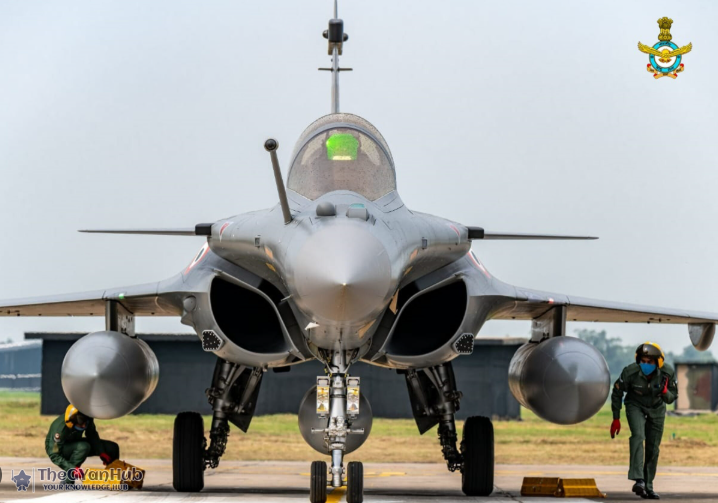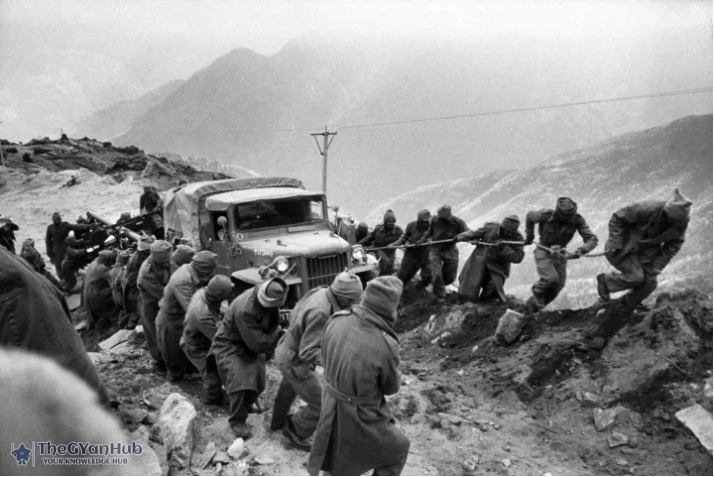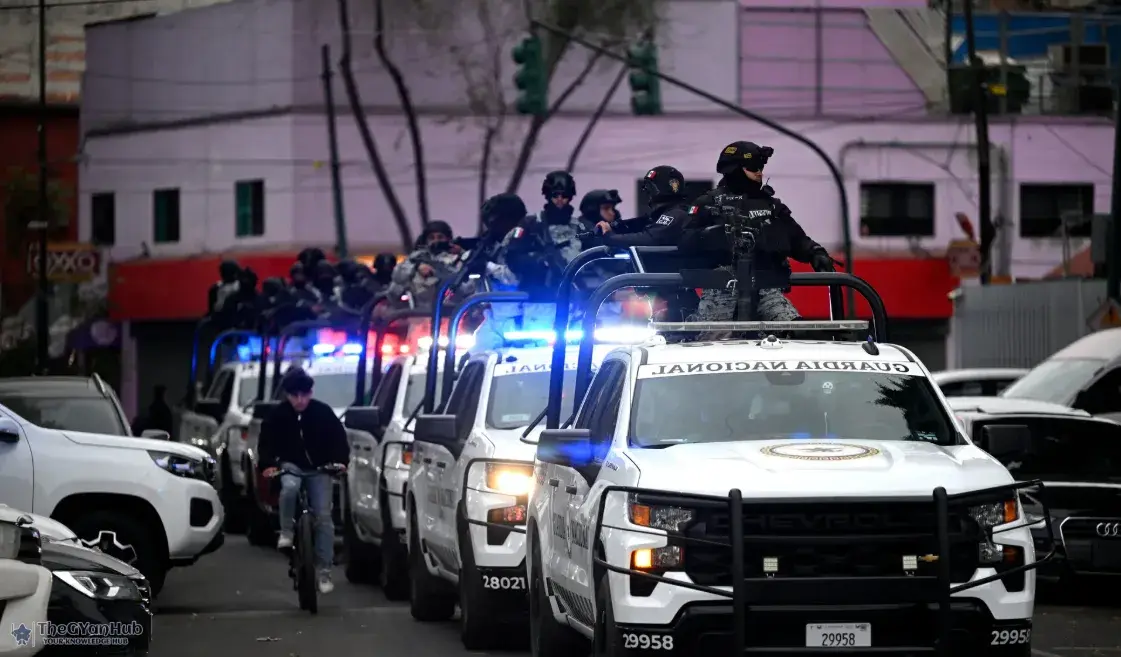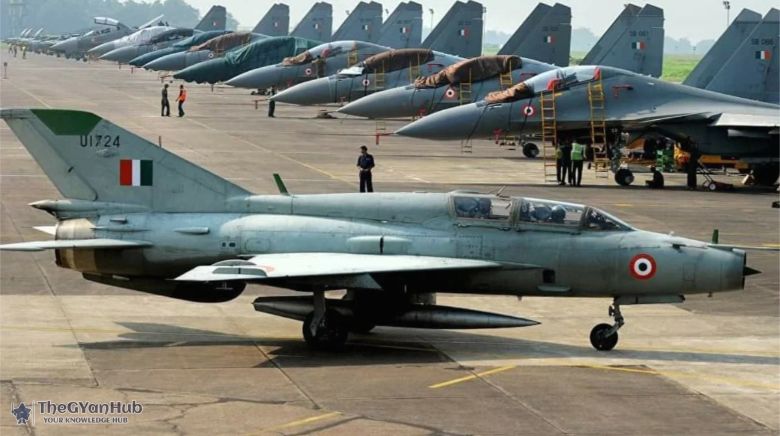I’m a passionate writer who loves exploring ideas, sharing stories, and connecting with readers through meaningful content.I’m dedicated to sharing insights and stories that make readers think, feel, and discover something new.
The Strategic Importance of Air Power in Warfare
In the realm of military strategy, the deployment of air power has often been a game-changer. During the 1962 Sino-Indian War, the Indian Air Force was not utilized, a decision that has been revisited by military analysts over the years. Chief of Defence Staff General Anil Chauhan recently highlighted that the use of air power could have considerably slowed the Chinese offensive, potentially altering the course of the conflict.

General Chauhan's remarks bring to light the evolving nature of military tactics and the critical role that air superiority plays in modern warfare. While the decision not to deploy the Air Force in 1962 was influenced by fears of escalation, today's military doctrine recognizes the strategic advantage of air power.
Historical Context of the 1962 Conflict
The 1962 Sino-Indian War was a brief but intense conflict that took place in the harsh terrains of the Himalayas. The Chinese forces launched a well-coordinated offensive, catching the Indian military off guard. The lack of air support for Indian ground troops has been a point of contention among historians and military experts.

At the time, the Indian government was concerned that deploying the Air Force might provoke a larger conflict with China, which had superior air capabilities. However, General Chauhan's recent statements suggest that such concerns may have been overstated.
Lessons Learned and Modern Military Strategy
Reflecting on the 1962 war, it is evident that air power could have provided critical support to ground operations. The ability to conduct aerial reconnaissance, provide close air support, and disrupt enemy supply lines are just a few of the advantages that could have been leveraged.
Today's military strategies emphasize the integration of air, land, and sea operations. The Indian Air Force has since evolved into a formidable force, equipped with advanced aircraft and technology. This evolution underscores the importance of learning from past conflicts to enhance future military readiness.
Current Perspectives on Military Escalation
General Chauhan's comments also reflect a shift in how military escalation is perceived. In the past, the use of air power was seen as a potential trigger for wider conflict. However, modern military doctrine views air superiority as a necessary component of national defense.
Further Reading: The Science of Modern Warfare, Technological Advancements in Military Aviation, Global Military Strategies and Conflicts
Related articles in this category

World News
El Mencho Killed: The Fall of Mexico's Most Powerful Drug Cartel
February 23, 2026
The recent killing of Nemesio Rubén Oseguera Cervantes, known as 'El Mencho', has led to significant upheaval in Mexico as the Jalisco New Generation Cartel faces a power vacuum. This article explores the implications of his death on the drug trade and national security.

World News
Sam Altman vs. Sridhar Vembu: A Clash on AI and Human Energy Consumption
February 22, 2026
In a recent discussion, Sam Altman compared the energy consumption of AI systems to that of humans, prompting a strong rebuttal from Sridhar Vembu. This article explores their contrasting views on energy efficiency and sustainability.

World News
Trump's Loss, India's Gain? How Tariff Order Could Affect Trade Talks
February 20, 2026
The US Supreme Court's decision to strike down Trump's Global Tariffs Policy may have significant implications for India, potentially reshaping trade dynamics. As New Delhi navigates this change, the global trade landscape could see a shift in power.
1962 Sino-Indian WarAir Forcemilitary strategyGeneral Anil ChauhanChinese offensiveair powermilitary escalationIndian Air Force






